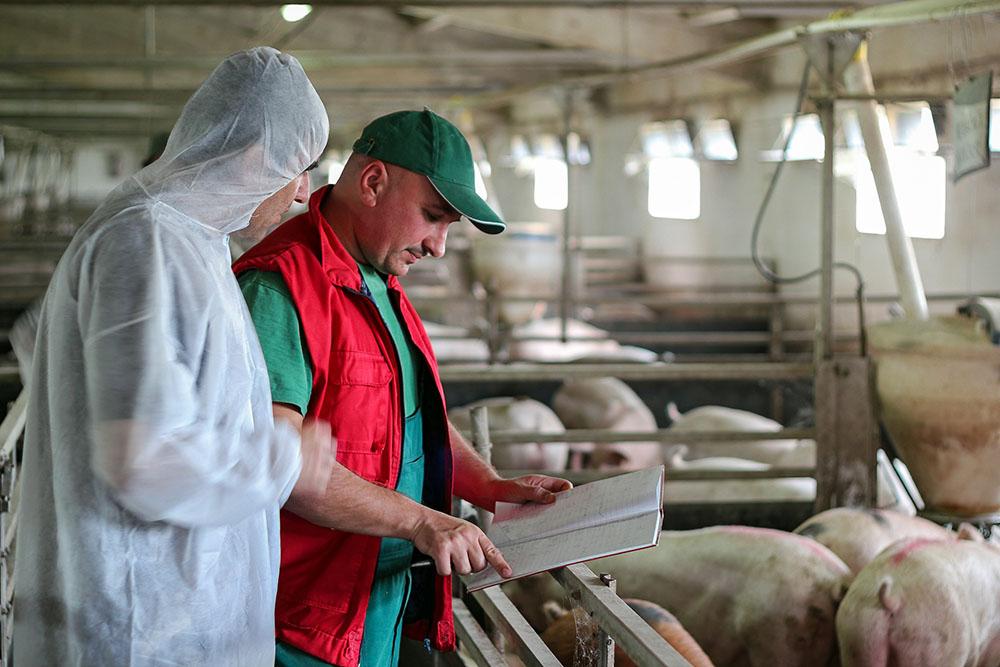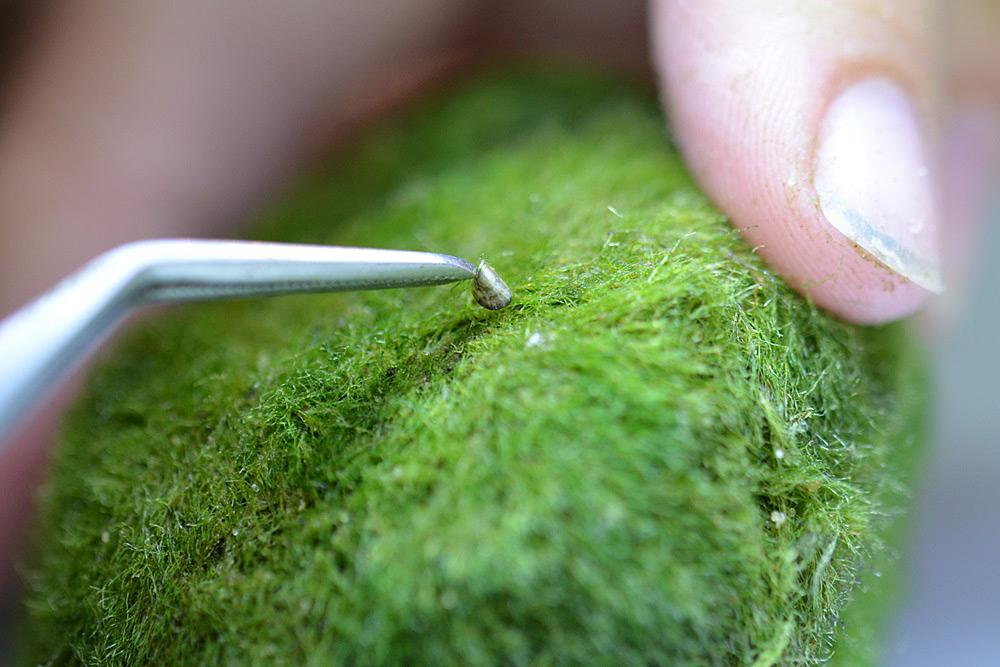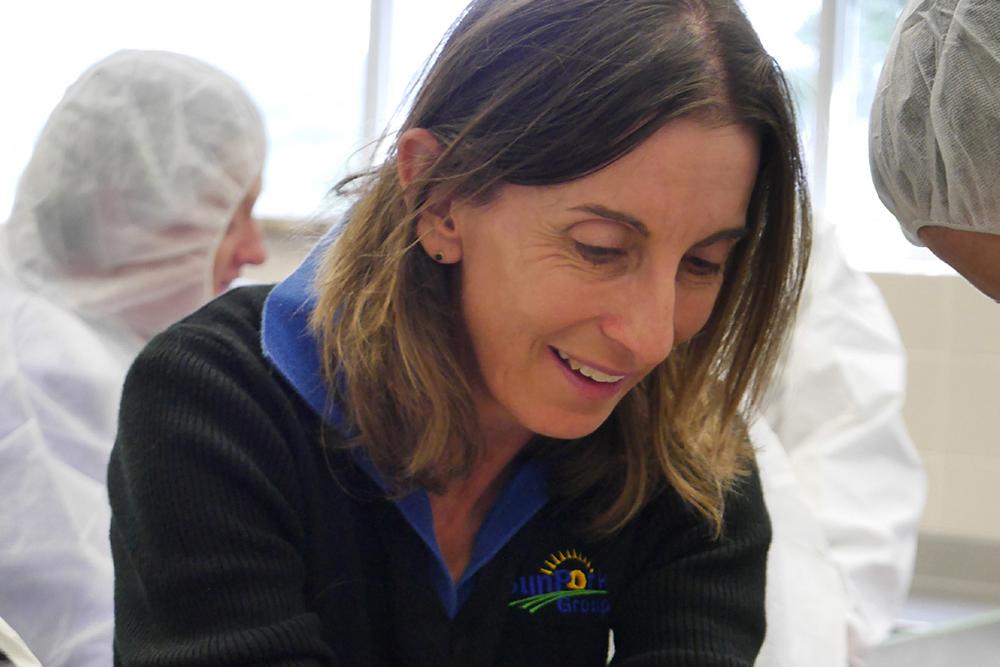A team from the Department of Agriculture, Fisheries and Forestry are currently undertaking a joint plant health survey with the Timor-Leste Directorate for Quarantine and Biosecurity (DNQB) for the first time since the COVID-19 pandemic.
As part of the department’s International Plant Health Surveillance Program, the team are working closely with DNQB counterparts to survey border zones, such as airports, seaports and border crossings for the presence of plant pests and diseases. The team will also survey peri-urban regions around Dili and agricultural regions in Aileu and Ermera.
Although Australia has a long history delivering plant pest surveys in partnership with Timor-Leste, this is the first survey conducted in person since 2019, before pandemic travel restrictions.
Chief Plant Protection Officer, Dr Gabrielle Vivian-Smith said the valuable partnership with Timor-Leste provides Australia with early warnings about changes in plant biosecurity risks in our region, while supporting our close neighbour to respond to plant pests before they become widespread.
“By supporting biosecurity capacity and trade aspirations in Timor-Leste, this partnership can also help maintain Australia’s plant health status, protecting our agriculture, trade, and natural environment,” Dr Vivian-Smith said.
“Australia has a long history working with Timor-Leste on biosecurity surveys and capacity building activities, having helped establish the quarantine agency when Timor-Leste declared independence in 1999.
“It’s been great to have an increasing tempo of visits and exchange between Australia and Timor-Leste on biosecurity matters over the last 12 months.
“The joint surveys are a central component of DAFF and DNQB’s plant biosecurity partnership. These surveys have been annually delivered for around 20 years.
“These surveys are collaboratively designed and are mutually beneficial. Our department scientists experience exotic pests in the field and increase Timor-Leste’s biosecurity capabilities.”
The DAFF team, including an entomologist, a plant pathologist, a botanist, and a biosecurity operations officer, will work with DNQB staff on plant research, and biosecurity training and safety.
The survey will run until 12 May.
Download images here: https://f.io/s0kGoKq



